Are paper bags really better for the planet than plastic bags?
Morrisons has ditched plastic produce bags for paper - but the environmental benefits are far from clear-cut
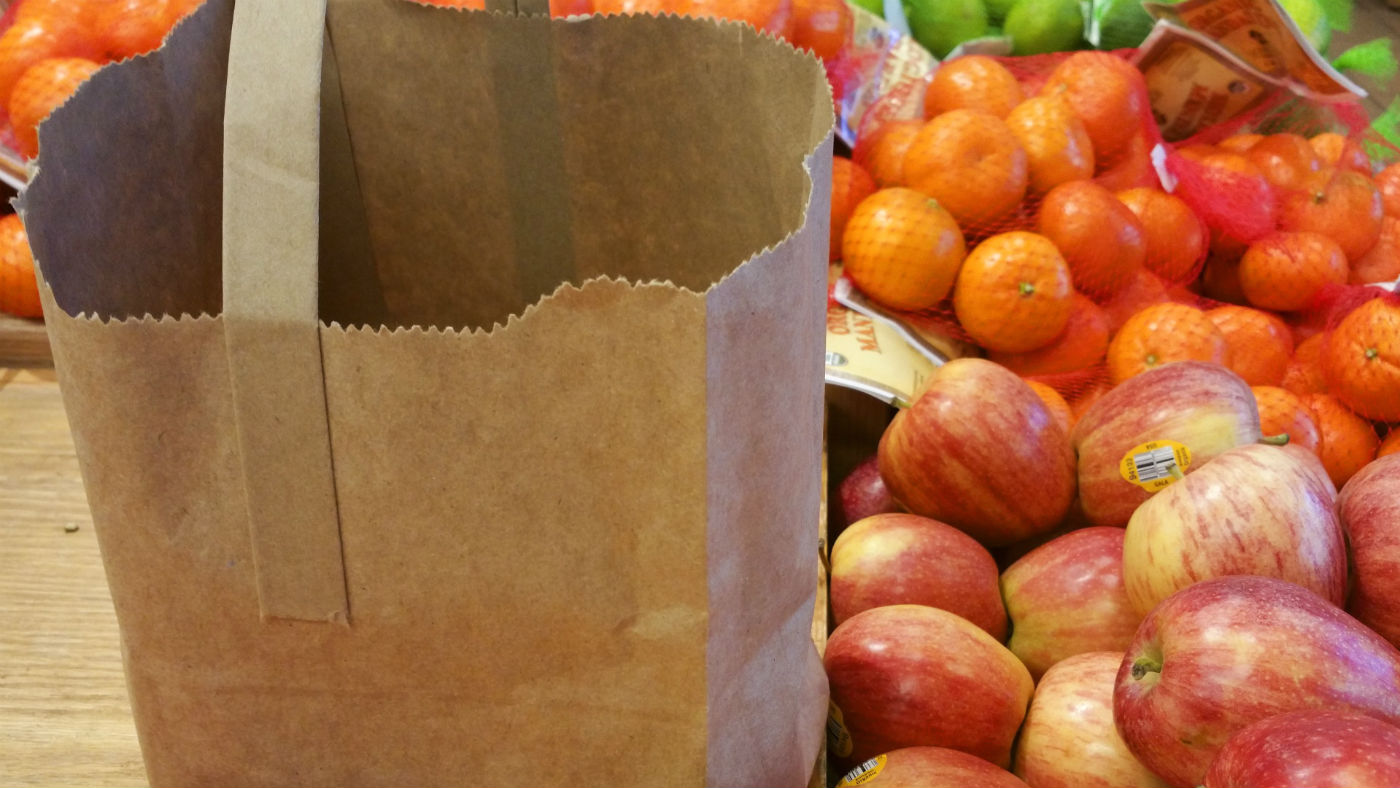
A free daily email with the biggest news stories of the day – and the best features from TheWeek.com
You are now subscribed
Your newsletter sign-up was successful
Environmental groups have raised concerns about supermarket giant Morrisons much-lauded decision to bring back paper shopping bags.
Customers will now be offered traditional brown paper bags to hold their fresh fruit and vegetables, rather than the small plastic bags commonly used in UK supermarket produce aisles.
The retailer says that the switch to paper will reduce the number of plastic bags used at its 493 UK stores by 150 million.
The Week
Escape your echo chamber. Get the facts behind the news, plus analysis from multiple perspectives.

Sign up for The Week's Free Newsletters
From our morning news briefing to a weekly Good News Newsletter, get the best of The Week delivered directly to your inbox.
From our morning news briefing to a weekly Good News Newsletter, get the best of The Week delivered directly to your inbox.
Activists, politicians and ordinary shoppers applauded the move, part of a broader environmental initiative which also includes giving customers loyalty card points for using their own reusable containers at the supermarket’s meat and fish counters.
However, some campaigners have pointed to a 2011 Environment Agency report which found that paper bags “can have a higher carbon footprint than plastic bags and would need to be re-used at least three times to avoid having a higher impact”, The Times reports.
Sustainability expert Chris Goodall told The Guardian that re-introducing paper bags was a “retrograde step” which stemmed from a misunderstanding of the causes of plastic pollution.
“Most of the plastic in the sea comes from a small number of rivers, it does not come from me buying green beans in Morrisons,” he said.
A free daily email with the biggest news stories of the day – and the best features from TheWeek.com
Morrisons’ produce director, Drew Kirk, said that the company was aware that paper bags were not without their own “environmental impact”, but that customer concern had been the deciding factor in the change.
“We have listened to customers and they are telling us that the overuse of plastic is the most important environmental issue to deal with. That’s why we think that our lightweight fully recyclable paper bags are a good option,” he said.
-
 Why is the Trump administration talking about ‘Western civilization’?
Why is the Trump administration talking about ‘Western civilization’?Talking Points Rubio says Europe, US bonded by religion and ancestry
-
 Quentin Deranque: a student’s death energizes the French far right
Quentin Deranque: a student’s death energizes the French far rightIN THE SPOTLIGHT Reactions to the violent killing of an ultraconservative activist offer a glimpse at the culture wars roiling France ahead of next year’s elections
-
 Secured vs. unsecured loans: how do they differ and which is better?
Secured vs. unsecured loans: how do they differ and which is better?the explainer They are distinguished by the level of risk and the inclusion of collateral
-
 The environmental cost of GLP-1s
The environmental cost of GLP-1sThe explainer Producing the drugs is a dirty process
-
 ‘Like a gas chamber’: the air pollution throttling Delhi
‘Like a gas chamber’: the air pollution throttling DelhiUnder The Radar Indian capital has tried cloud seeding to address the crisis, which has seen schools closed and outdoor events suspended
-
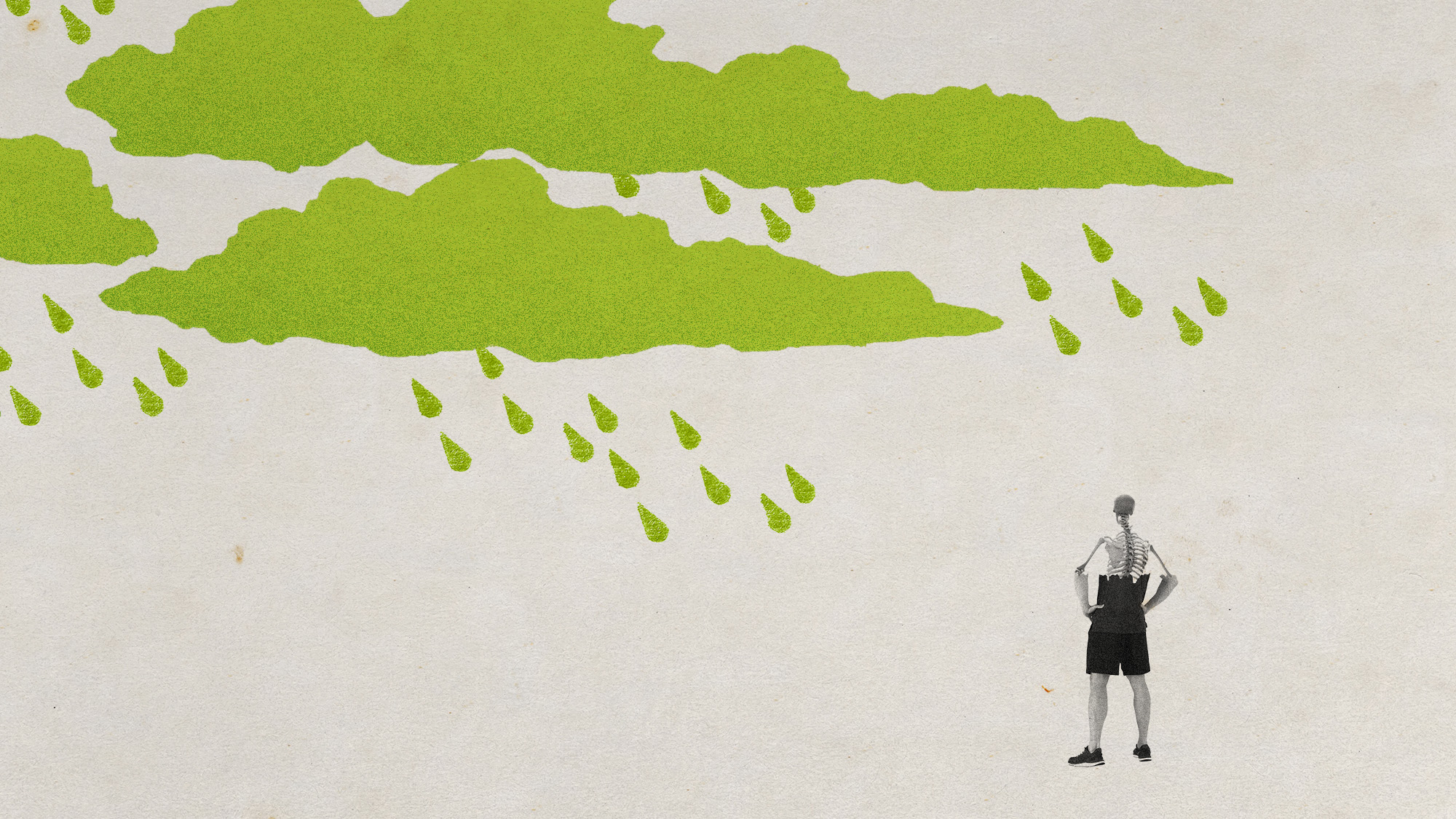 Acid rain is back: the sequel nobody wanted
Acid rain is back: the sequel nobody wantedUnder The Radar A 'forever chemical' in rainwater is reviving a largely forgotten environmental issue
-
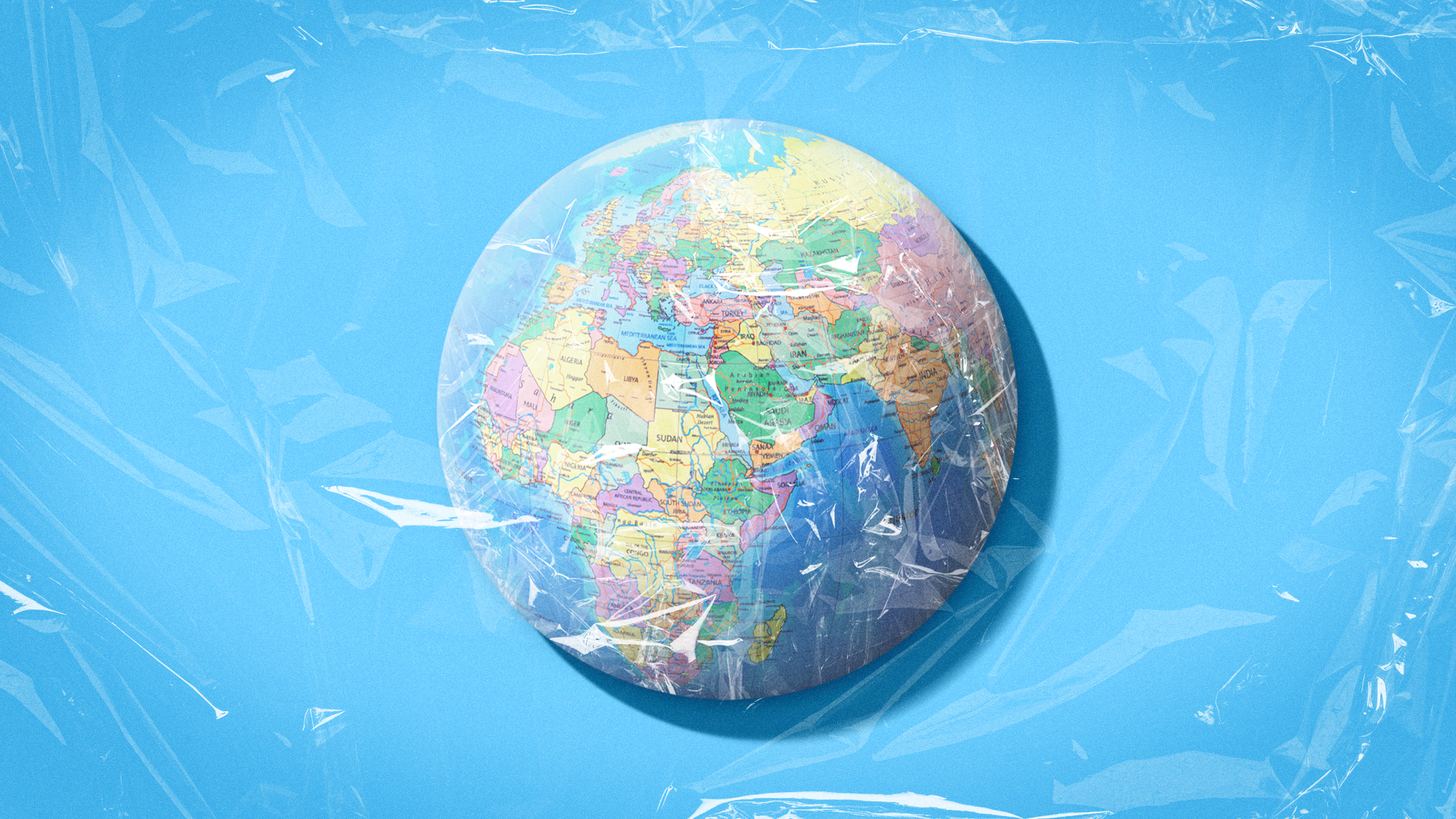 Why is the world so divided over plastics?
Why is the world so divided over plastics?Today's Big Question UN negotiations on first global plastic treaty are at stake, as fossil fuel companies, petrostates and plastic industry work to resist a legal cap on production
-
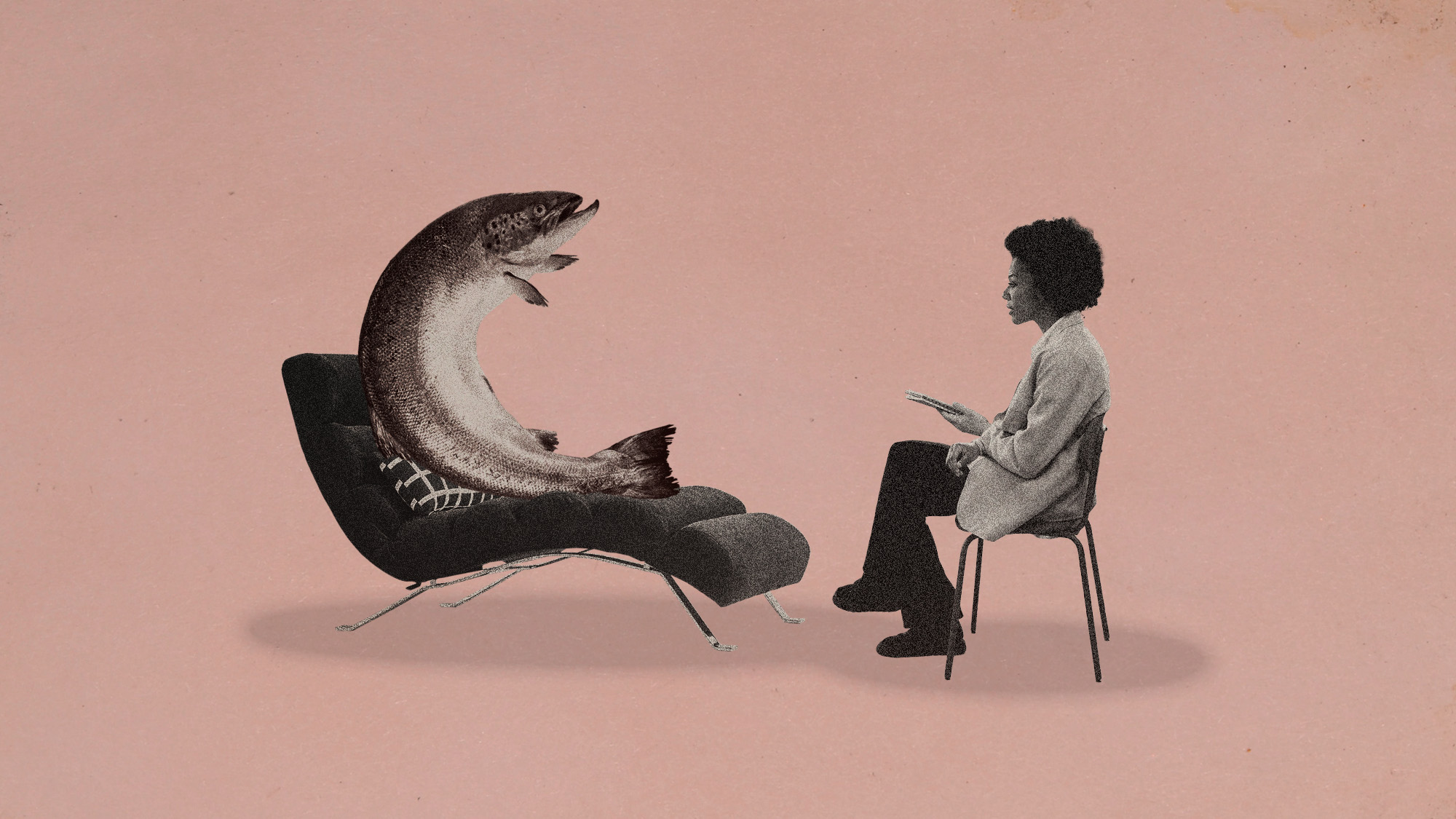 Anti-anxiety drug has a not-too-surprising effect on fish
Anti-anxiety drug has a not-too-surprising effect on fishUnder the radar The fish act bolder and take more risks
-
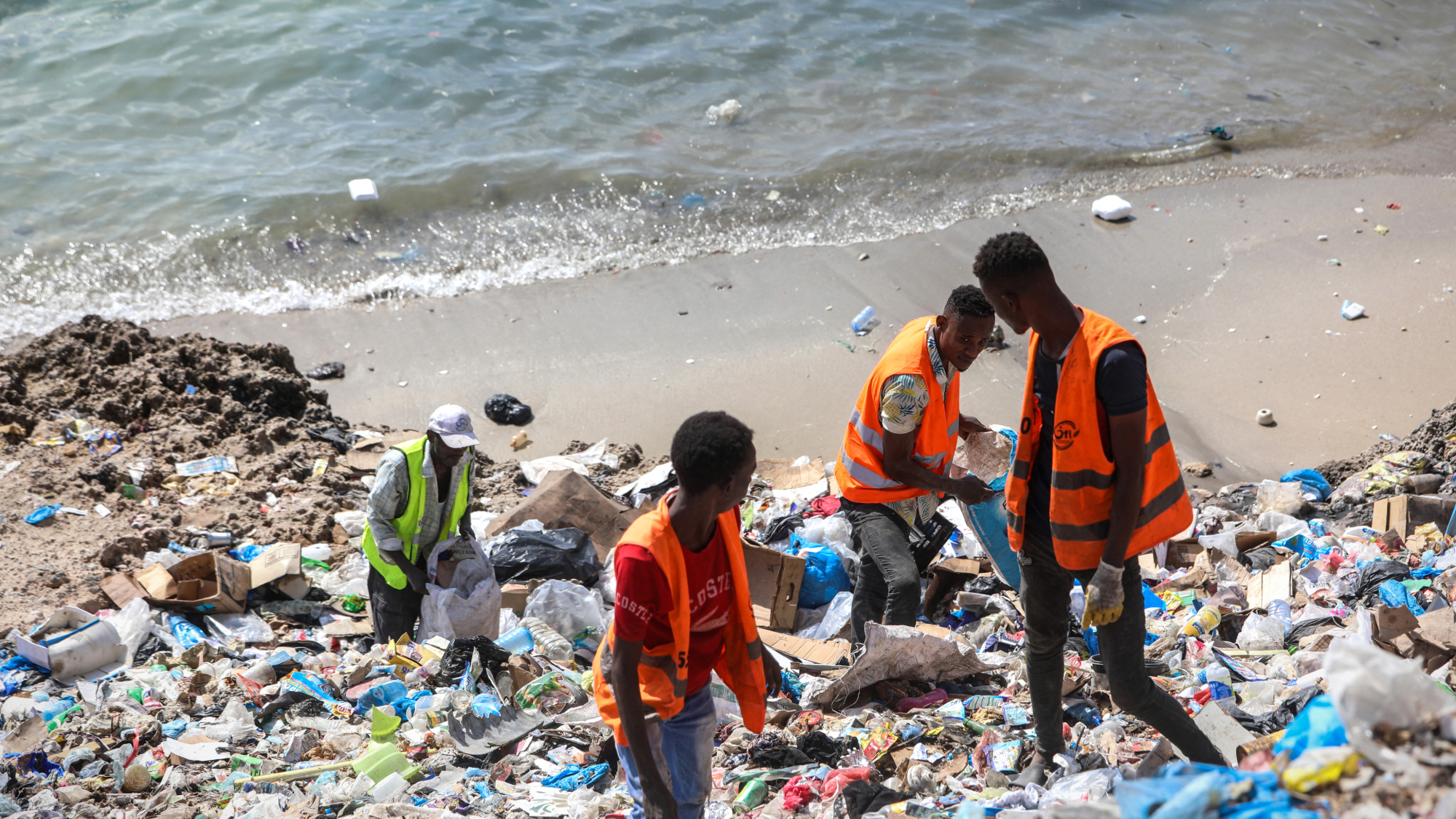 Global plastics summit starts as COP29 ends
Global plastics summit starts as COP29 endsSpeed Read Negotiators gathering in South Korea seek an end to the world's plastic pollution crisis, though Trump's election may muddle the deal
-
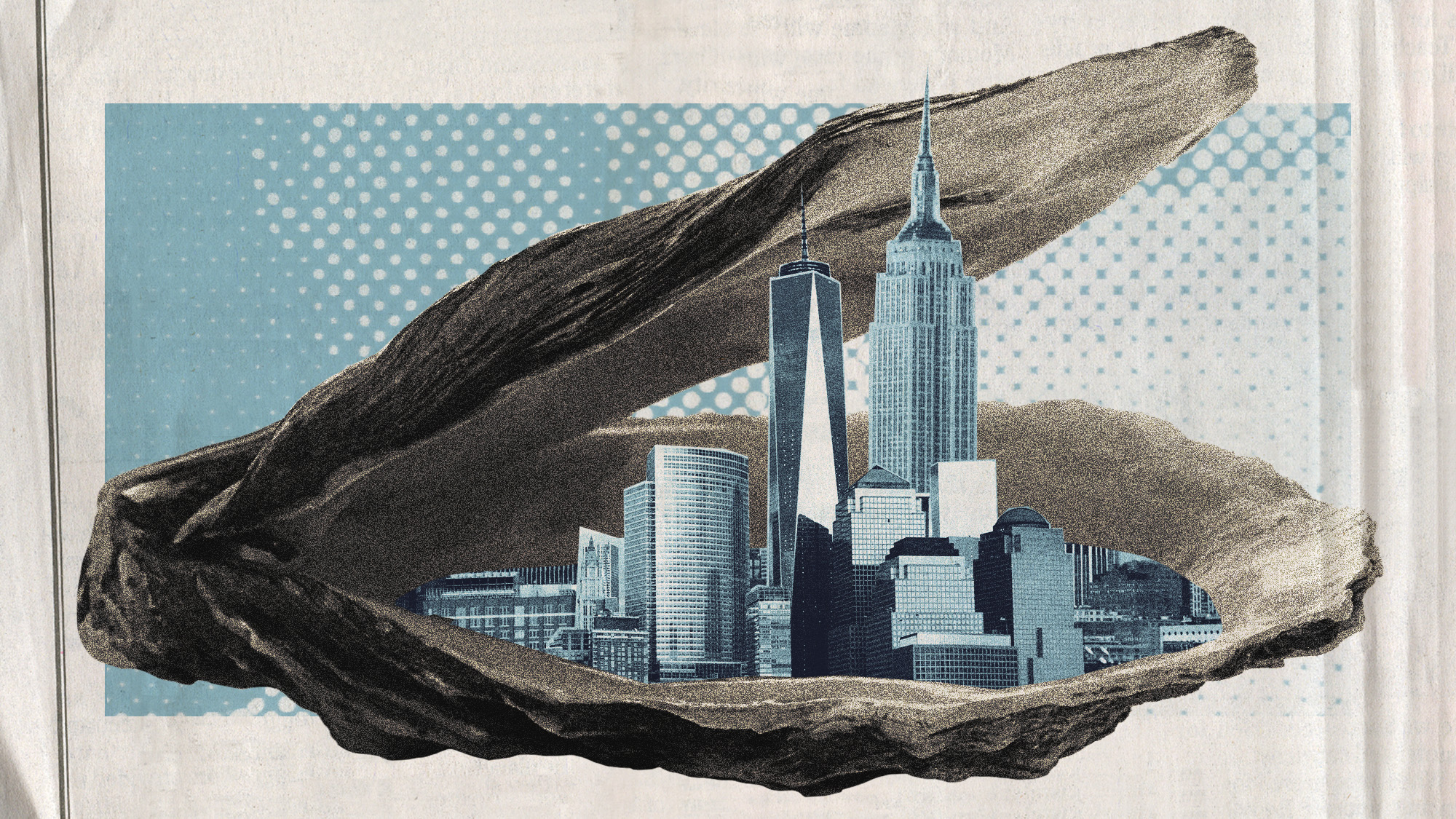 Oysters from New York's past could shore up its future
Oysters from New York's past could shore up its futureUnder the Radar Project aims to seed a billion oysters in the city's waterways to improve water quality, fight coastal erosion and protect against storm surges
-
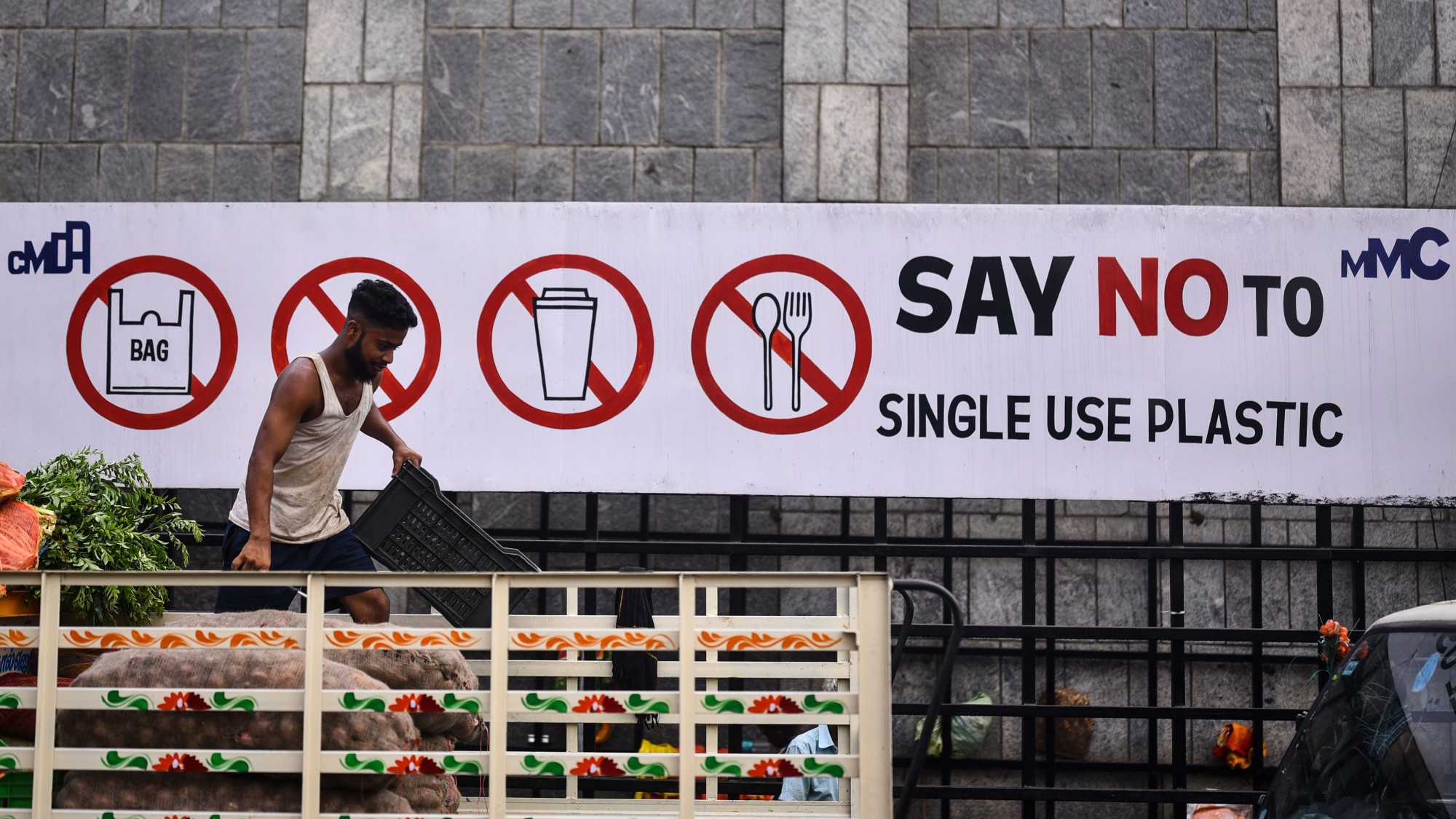 Mushrooms and urine – the strange solutions to our plastic problem
Mushrooms and urine – the strange solutions to our plastic problemThe Explainer Over 30% of plastics are single-use prompting imaginative alternatives